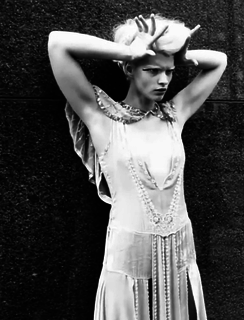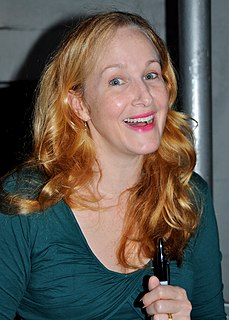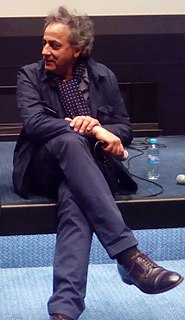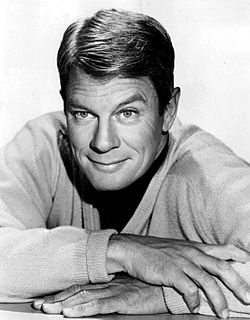A Quote by Taylor Hackford
I also know what looks good before the camera, how to move the camera, and how to get a story on the screen.
Related Quotes
Film, television, and working with a camera is such an intimate art form that if a camera is right on you, and I've got your face filling the screen, you have to be real. If you do anything that is fake, you're not going to get away with it, because the camera is right there, and the story is being told in a very real way.
If you're a certain type of actor, then eventually stepping into a director's shoes is a natural transition. I've always been the actor who's very focused on the narrative, where my character is in the story, and how I can benefit the story. I've always had a technical aspect of what the lens is, how the camera is going to move, how I can feed the information the director applies within that move. If you're that type of actor, narrative-based, technically proficient, the next step is actually not that far.
In drama, you're interacting with other actors to tell the story. The camera is like the theater: it's the artistic fourth wall. In a screen play, you don't look at the camera and communicate with it. But with hosting, you're looking right into the lens and talking to the people. It is a different style, and it's fascinating.






































